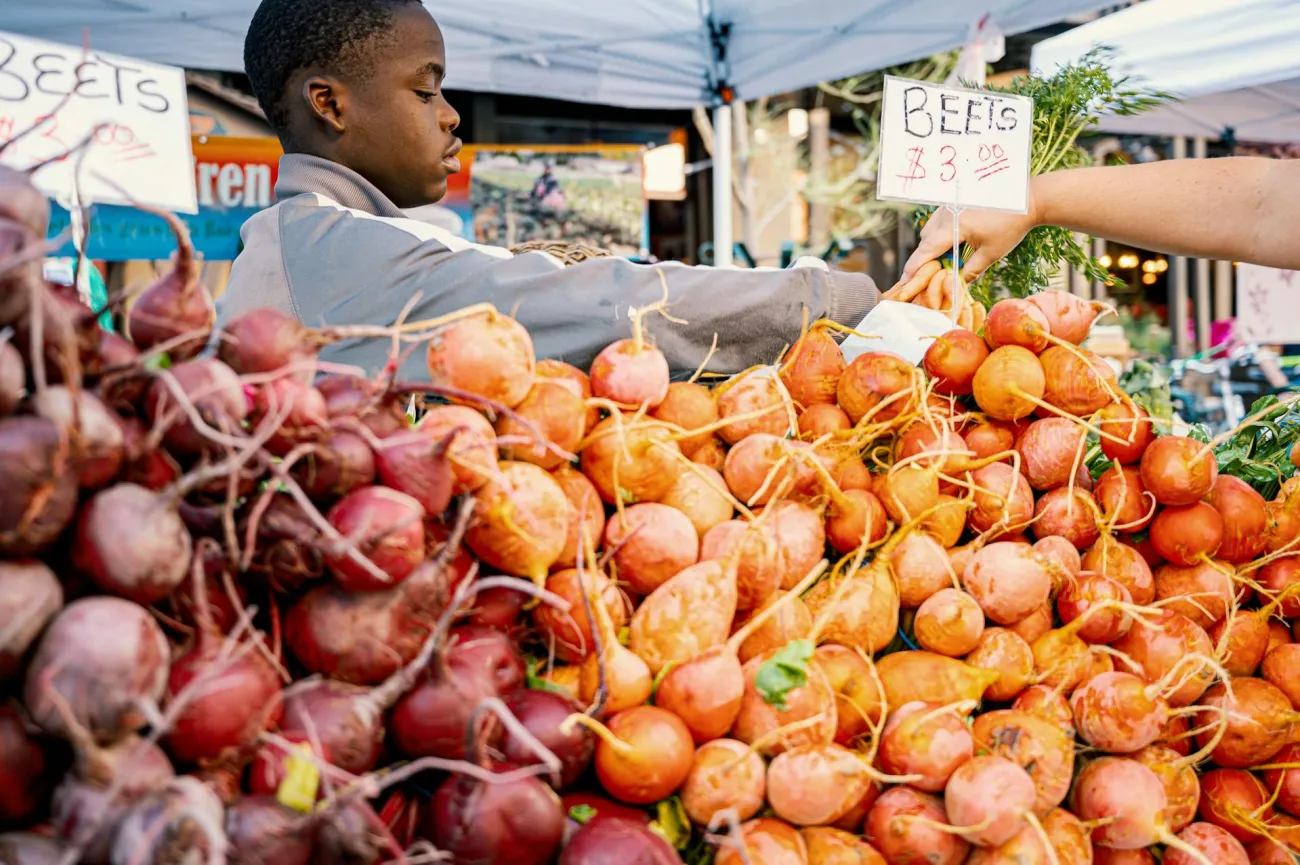This report by the Commission on Sustainable Agriculture and Climate Change (CCAFS) reviews the scientific evidence to identify a pathway to achieving food security in the context of climate change. It says that food systems must shift to better meet human needs and, in the long term, balance with planetary resources.
This will demand major interventions, at local to global scales, to transform current patterns of food production, distribution and consumption. Investment, innovation, and deliberate effort to empower the world's most vulnerable populations will be required to construct a global food system that adapts to climate change and ensures food security while minimizing greenhouse gas emissions and sustaining our natural resource base. Greatly expanded investments in sustainable agriculture, including improving supporting infrastructure and restoring degraded ecosystems, are an essential component of long-term economic development. The sooner they are made, the greater the benefits will be.
The report identifies 5 essential changes that are needed to achieve food security in the face of climate change. These are to:
- Reduce GHG emissions from agriculture
- Adapt to climate change
- Change diets towards more plant-based foods
- Reduce waste
- Improve crop yields
(NB: Note that a growing number of scientists and policy observers a starting to underline exactly the same points – see for example the Government’s Foresight report, and a paper published in Nature in 2011 by Foley et al to name but a few).
The report makes seven recommendations designed to be implemented concurrently by a constellation of governments, international institutions, investors, agricultural producers, consumers, food companies and researchers. They focus on the need for changes in policy, finance, agricultural production, development aid, diet choices and food waste as well as revitalized investment in the knowledge systems to support these changes. In brief the recommendations are to:
- Integrate food security and sustainable agriculture into global and national policies
- Significantly raise the level of global investment in sustainable agriculture and food systems in the next decade
- Sustainably intensify agricultural production while reducing greenhouse gas emissions and other negative environmental impacts of agriculture
- Develop specific programmes and policies to assst populations and sectors that are most vulnerable to climate changes and food insecurity
- Reshape food access and consumption patterns to ensure basic nutritional needs are met and to foster healthy and sustainable eating patterns worldwide
- Reduce loss and waste in food systems, targeting infrastructure, farming practices, processing,distribution and household habits
-
Create comprehensive, shared, integrated information systems that encompass human andecological dimensions
Reference
Beddington J, Asaduzzaman M, Fernandez A, Clark M, Guillou M, Jahn M, Erda L, Mamo T, Van Bo N, Nobre CA, Scholes R, Sharma R, Wakhungu J. 2011. Achieving food security in the face of climate change: Summary for policy makers from the Commission on Sustainable Agriculture and Climate Change. CGIAR Research Program on Climate Change, Agriculture and Food Security (CCAFS). Copenhagen, Denmark.
The report, including a summary for policy makers in various languages, is available here. You can also find an overview here, together with a useful 6 minute animation that outlines the problem and sumarises the changes needed.




Comments (0)